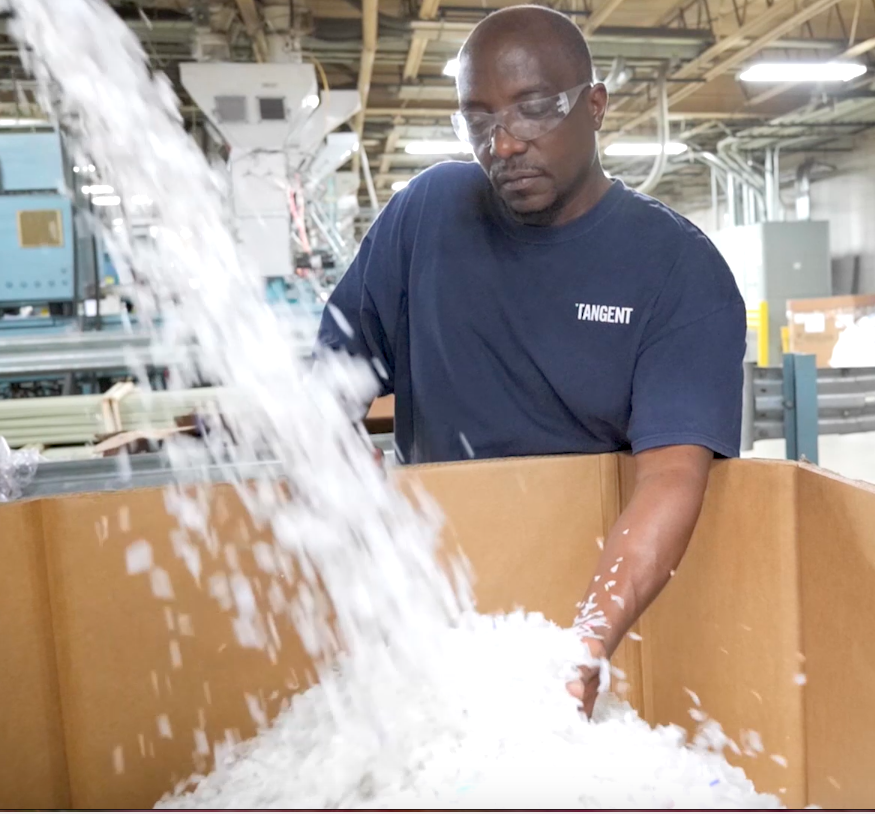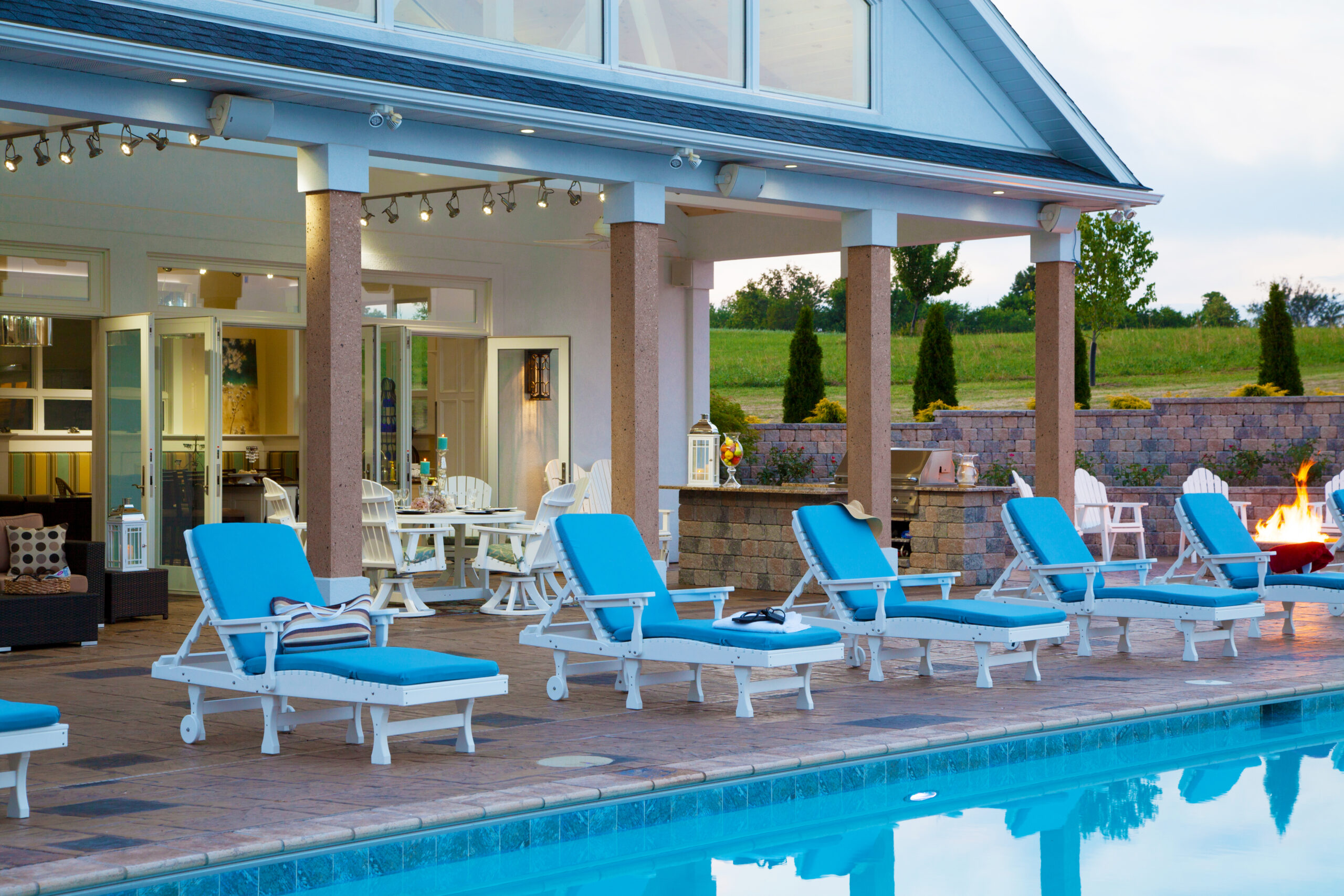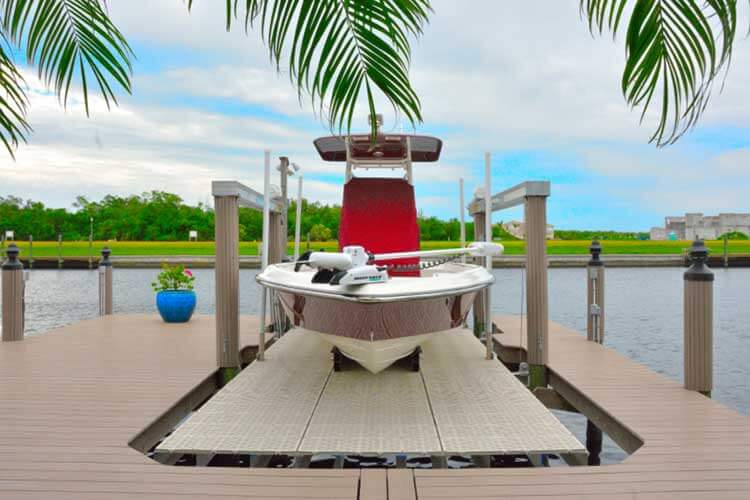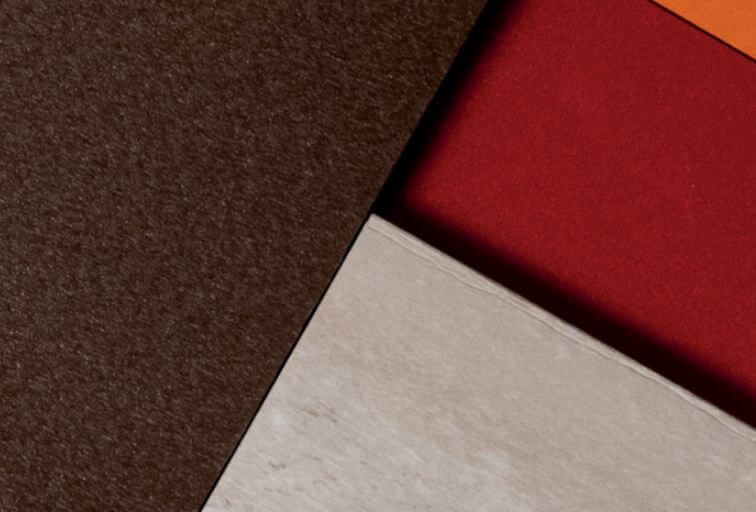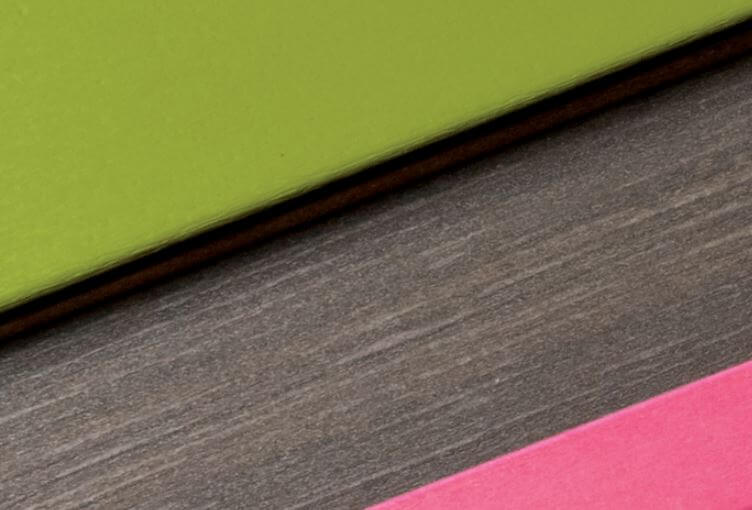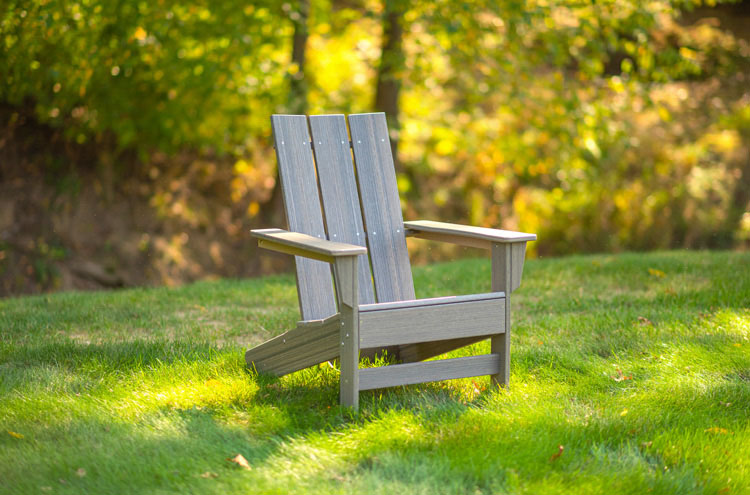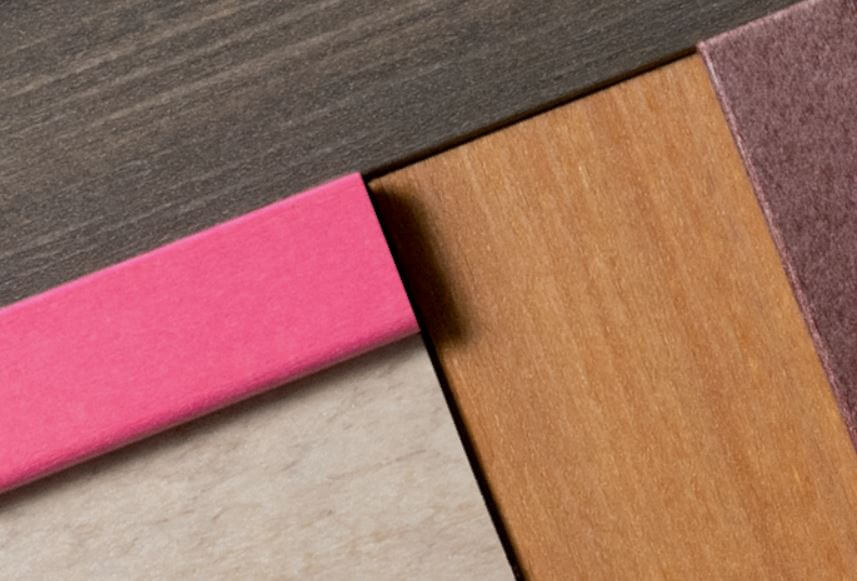Why Is HDPE Preferred Over PVC for Plastic Fencing Boards?
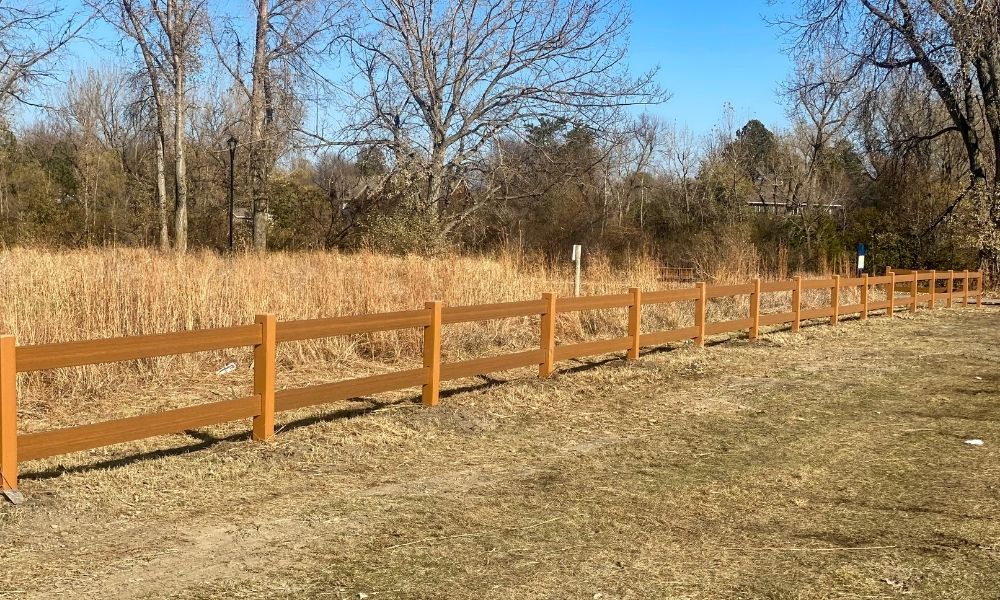
When it comes to building the most reliable fence possible for your public or commercial property, it’s vital that you use only the very best materials. HDPE, or high-density polyethylene, is an incredibly popular alternative to wood, vinyl, and steel for its overall strength and resilience. Even other common thermoplastics like polyvinyl chloride, or PVC, can’t compare in this particular application. Here, we’ll discuss why HDPE is preferred over PVC for plastic fencing boards and the additional benefits this material offers.
Lighter Weight and Sustainable
To begin, HDPE is lighter in weight than PVC, which is a valuable characteristic during installation. These materials require significantly less manpower to transport and work with. Yet, they’re still incredibly durable and can withstand a variety of corrosive hazards. In fact, it’s this feature that also makes HDPE such an effective influence on the environment. HDPE resources have a reduced amount of material present in their makeup. Not only does this make them sustainable, but it also makes future recycling efforts easier.
Increased Flexibility
HDPE also has a greater amount of flexibility, whereas PVC tends to have a stiffer frame. Flexibility is vital for fencing, as these components are periodically exposed to severe elements. High winds and rain can cause significant breakage to stiffer parts, as they don’t have enough give to compensate for the strain. So, HDPE is one of the best choices for creating fencing that lasts through any storm.
Higher Strength
Another crucial reason why HDPE is preferred over PVC for plastic fencing boards is its higher amount of tensile strength. Like its flexibility, this characteristic ensures that these materials remain intact even through severe weather conditions. However, it’s the increased strength and durability that better prevents splintering or cracking upon impact with flying debris. It also helps prevent breakage when put under tension.
Abrasion and Heat Resistant
HDPE has a high amount of resistance to abrasion and temperature as well. With constant weather changes and potential traffic walking near these fencing materials, it’s crucial that the material can hold up to the stress. The high heat resistance ensures that your fencing won’t lose its structural integrity in direct sunlight. Abrasion resistance, on the other hand, will reduce the appearance of scuffs, scratches, or gouges, keeping these materials looking nicer for much longer.
HDPE is the superior fencing board material for a series of different reasons. As such, we at Tangent Materials use it in the creation of all our construction resources. Our HDPE plastic fencing materials can withstand the rigors of even the harshest outdoor applications, as well as provide a low-maintenance alternative to many other fencing types. You’ll find that with our products, there’s no reason to consider using PVC at all. Contact us today to learn more about the wonders of HDPE.
Learn more about agricultural uses for HDPE plastic fencing.


